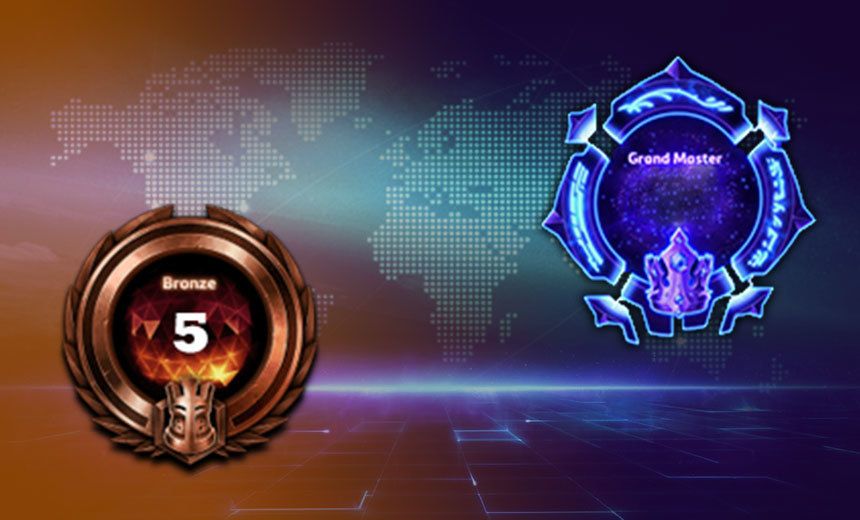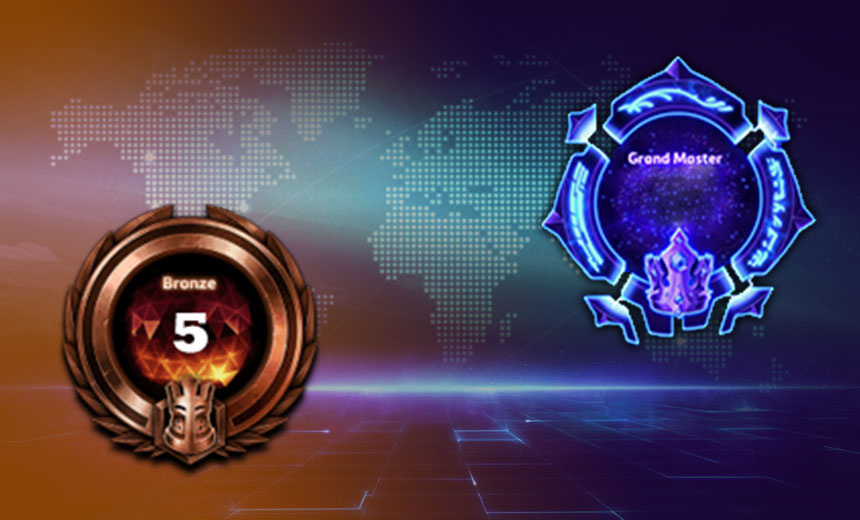
What makes a region weak?
Reflecting on the 2016 HGC you might be asking yourself, why is NA suffering right now as a region? To explore this question we’ll venture out of the Heroes scene and look at another highly coordinated 5-on-5 sport, basketball, where the stakes are higher and the path to success more proven. We’ll also explore what performance psychology has to contribute.
Success leaves clues. Looking at the numbers
Michael Jordan once said, Talent wins games, but teamwork and intelligence wins championships. Looking at some numbers we can see that Don Meyer and Michael Jordan’s sentiments hold true, teams that have people working hard and working together win championships. So what do the numbers say? Let’s look at some Pro-Heroes teams and see how long their members have been playing together, and how long they had to develop teamwork skill.
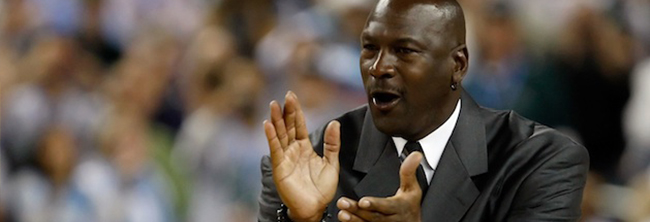
Ballistix AKA L5, HGC 2016 #1
 sCsC and Noblesse make up the core team as Assassin and Warrior, playing together since 2015-07-26, 467 days of teamwork together.
sCsC and Noblesse make up the core team as Assassin and Warrior, playing together since 2015-07-26, 467 days of teamwork together.- Jeongha joins after 2016-02-16, 262 days of teamwork together.
- Swoy joins after 2016-03-24, 225 days of teamwork together.
- NacHoJin joins after 2016-05-19, 169 days of teamwork together.
Fnatic, HGC 2016 #2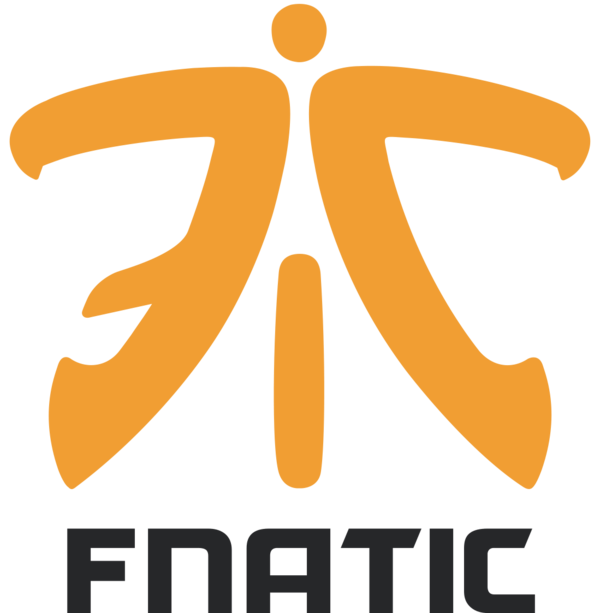
- Breez, Smexystyle, and Quackniix make up the core team, going back at least 345 days of teamwork together.
- scHwimpi joins as Flex on 2016-01-25, 284 days of teamwork together.
- Wubby joins as Flex on 2016-05-11, 177 days of teamwork together.
MVP black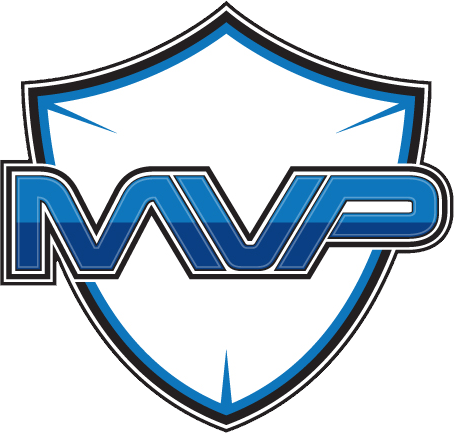
- merryday, KyoCha, and Sign make up the core team as Support, Flex, and Warrior, going back to 2015, 674 days of teamwork together.
- Sake has experience playing with MVP black going back to 2015-04-03, but for this example he comes on the team 2015-08-29, 434 days of teamwork together.
- The newest person to the team, Rich, comes in when Lockdown leaves on 2016-01-07, still leaving 302 days of teamwork together.
Dignitas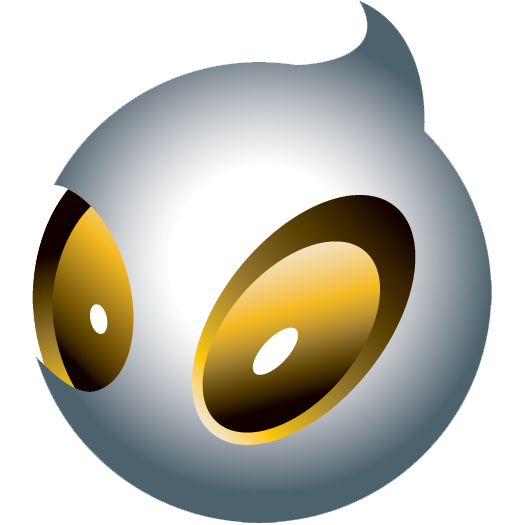
- Bakery and Snitch make up the core team as Support and Carry going back to 2015-10-01, 401 days of teamwork together.
- JayPL joins as Flex on2015-11-23, 347 days of teamwork together.
- Mene joins as Carry on 2016-02-16, 262 days of teamwork together.
- Atheroangel joins as Tank on 2016-09-03 62 days of teamwork together.
Astral Authority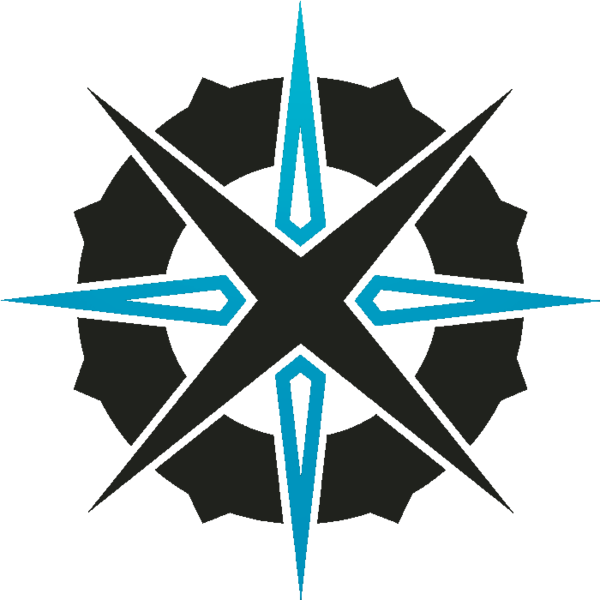
- Fury, CauthonLuck, psalm, Jun, and cattlepillar all join together about the same time forming Murloc Geniuses on 2016-07-01, making for about 122 days of teamwork before BlizzCon.
Denial eSports
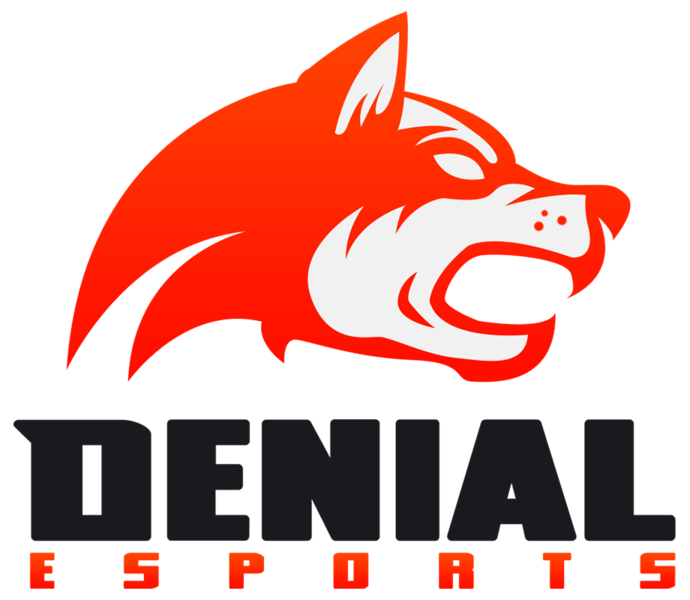 KingCaffeine, k1pro, and iDream make up the core team going back to clowd9, joining on 2015-07-30, 464 days of teamwork together.
KingCaffeine, k1pro, and iDream make up the core team going back to clowd9, joining on 2015-07-30, 464 days of teamwork together.- Both Glaurung and aPm join as assassin and support, respectively, on 2016.07.28, 100 days of teamwork together.
Gale Force eSports
 Khroen, akaface, Roflcopter, and MichaelUdall make up the core team as of 2016-04-12, 143 days of teamwork together.
Khroen, akaface, Roflcopter, and MichaelUdall make up the core team as of 2016-04-12, 143 days of teamwork together.- Fan joins as Carry on 2016-08-12, that’s only 21 days of teamwork together before the North American Fall Regional match that would decide which team goes on to BlizzCon.
Naventic
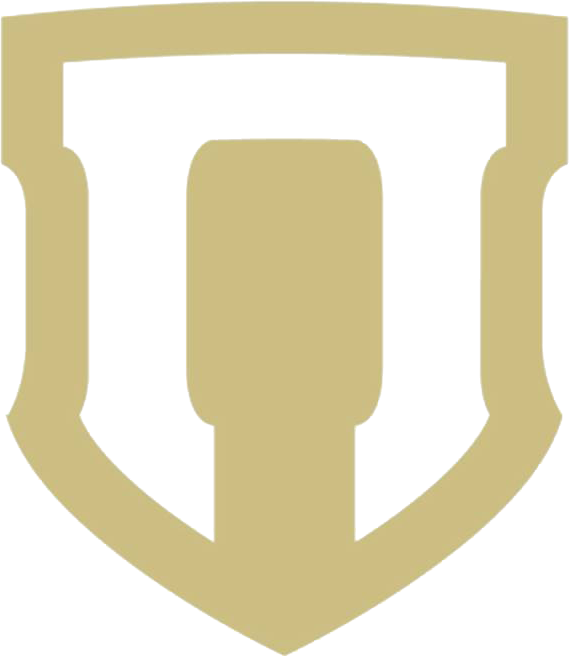 Zuna and Kenma have experience playing together going back to the Cloud9 Maelstorm days, a strong foundation. Really though, preparation as a new team started when they came together as Bob Ross Fanclub in 2015-11-11, 296 days of teamwork together.
Zuna and Kenma have experience playing together going back to the Cloud9 Maelstorm days, a strong foundation. Really though, preparation as a new team started when they came together as Bob Ross Fanclub in 2015-11-11, 296 days of teamwork together.- Bigempct and Tomster join the team on 2016-07-07, making only 57 days of teamwork together before their last chance at going to BlizzCon, the 2nd Fall Regional.
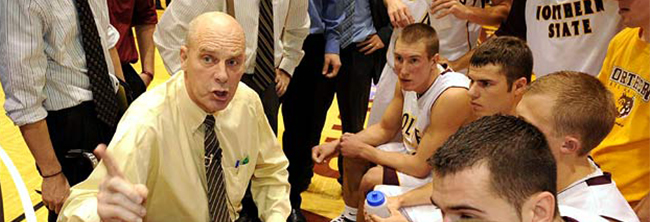
One death late-game can decide a match. This fact is no surprise to anyone who follows Heroes eSports. With this in mind and looking at the above numbers, it makes sense that we see a very high correlation between how many days a team’s roster has been practicing together as five, and how well they performed in their decider matches.
If one metric predicted if a team would succeed or fail it would be how long that team has been practicing teamwork together as a five-man roster. It’s as William James said so long ago “A chain is no stronger than its weakest link.”
So winning seems clear; time together as a five-man decides championships, but wins don't always tell us how to correct problems. So what are the problems of weaker regions?
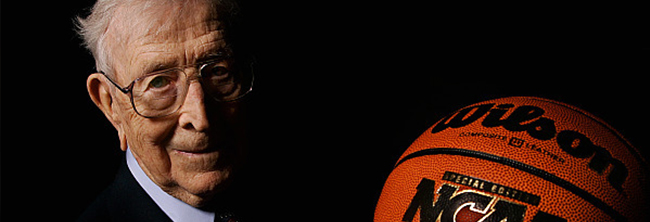
Weaker regions have teams that disband more frequently.
Roster-pocalypse is a dirty word on the Heroes scene. No one likes to hear it but shortly after every major tournament the dreaded word creeps into the news. Teams let go of talent and bring on new talent, especially after losing at an event, but why is this?
Why have Glaurang and Fan, some of the most talented players in North America, shifted from team to team without creating a successful legacy in their wake? Why indeed. The above question looms in the mind of NA but it’s the wrong question to ask. This question betrays a problem in North American culture that the psychology world calls hero worship.
The role of Hero-Worship to a weak region
Hero worship is subtle flaw in reasoning, especially in the western world. As it applies to sports though, fans, players, and coaches make the mistake of attributing higher value to innate versus acquired skill.
“The main ingredient of stardom is the rest of the team” – John Wooden
By focusing on what a one person might bring to the table, undue stress is put on that one person to ‘save’ the team. When things don’t turn out the blame game starts. The problem with blame is it’s the opposite of learning.
If we frame the world so that someone’s hard acquired skill is innate, we do them a great injustice. We end up looking for quick fixes and using people to meet our ends, much like moving pawns on a chess board. When we choose to see people honestly, we become more interested in work ethic, how willing they are to do work and play as a team player.
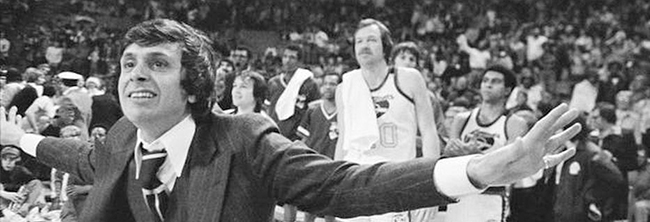
“All the successful teams I’ve ever seen have 3 characteristics: They play unselfish, they play together, and they play hard” – Larry Brown
The problem is, evidence shows that the best people in the world at what they do are people who acquire skill through long and focused practice. Actions, practice over time, decides who does and does not have skill. Practice is something attainable by anyone as long as they are willing to put in the hard work and dedication necessary.
So ask yourself, which teams put in the hard consistent work together and which teams focused on what a person would bring to the team?
The quick fix is to find talent, but in the long run, the people who are willing to put in the work get the big payoff.
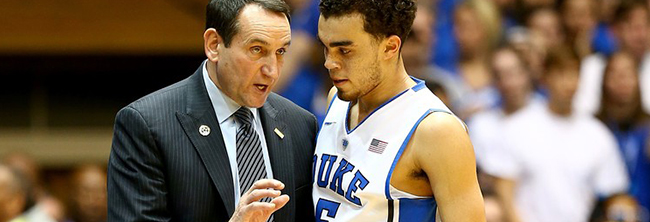
The key missing player
I’ve gone to great lengths to show the thinking and mindset of the best professionals in sport. What might not be obvious is that the wisdom of these great coaches was hammered into young players over and over as much as their practice. A coach plays an integral part of any team, helping to constantly refine the mind of professional players. It’s still very rare for Heroes teams to have coaches. For MVP Black you have Gwang Bok Kim and for Fnatic you have Jan Hoffmann.
The world of Heroes is still very young so it makes sense that coaches are still a new concept. Currently, it seems like teams organically and democratically coach each other. How much better would teams be with a dedicated coach though? Looking at Korea one gets the impression that players submit themselves to a role in a team instead of being personality driven.
In conclusion
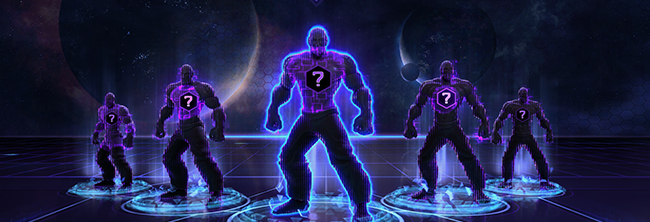
In wrapping up, the takeaway is simple; weakness in a region or in a team comes from not being dedicated to the hard work, and the mistakes, and the learning, and the struggle, that inevitably comes from working in a group on a monumental undertaking like the HGC.
The new league format should help tremendously, but if North America or any other region that is weak wants to make a showing in 2017 they will have to throw away the notion of finding a magic player and get to work learning together as a team.
Follow us on Twitter @GosuGamersHotS and on Facebook for more competitive Heroes of the Storm news and coverage from around the world.

